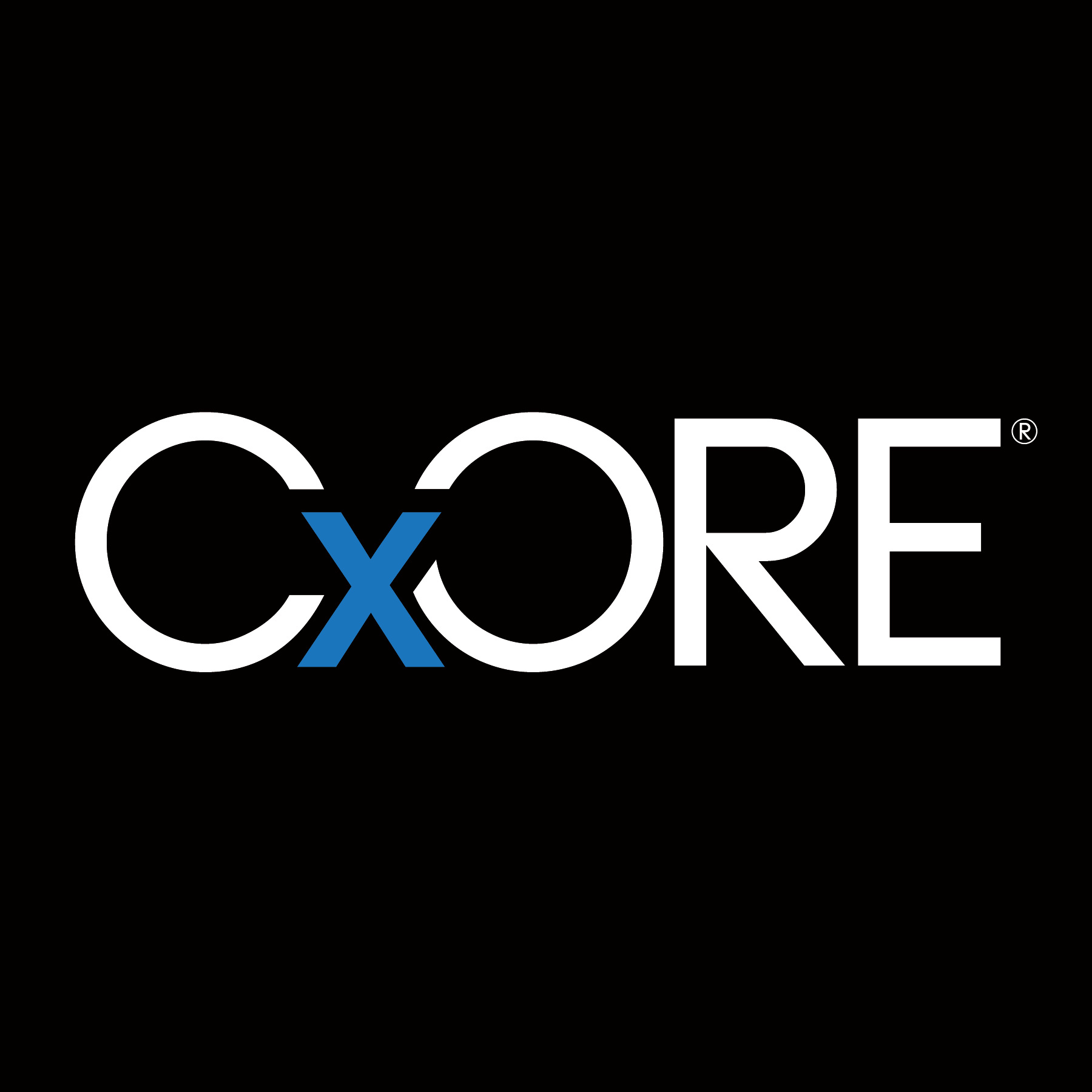Learning About Leadership
- Kim Cotter Fuchs

- Apr 17, 2025
- 3 min read

A little more than midway through my primary career I had reached a senior leadership role at Citigroup, managing the West Coast corporate real estate portfolio. Up until then I was fortunate to have been recognized as an emerging leader and given the opportunity to attend some leadership development programs. While good programs, they were heavily focused on the operational aspects of business rather than the essence of leadership itself. Additionally, my own leadership journey up to that point lacked positive leadership examples. Since my strongest CliftonStrengths theme is Learner, it was natural that I became deeply focused on understanding leadership better.
When I began my doctoral program and started researching leadership competencies, I knew it would be a daunting task given the vast amount of literature on the topic. What I didn’t anticipate was just how broad and expansive the concept of leadership truly is. A quick search on Amazon yields over 57,000 books with the word leadership in the title, highlighting the endless interpretations of what leadership means.
This reality became even more clear when I conducted my qualitative e-Delphi study on leadership competencies. The aim of a Delphi study is to reach consensus on a topic from experts in their field. So, I put together a panel of 21 expert leaders in the field of managing corporate real estate portfolios. I asked them to identify their top eight leadership competencies needed to successfully manage a functionally outsourced alliance relationship. The initial responses resulted in 119 unique competencies—an eye-opening revelation, as it represented over 70% of possible unique responses. It was a fascinating journey narrowing down these responses to the top eight.
Leadership styles are just as varied and expansive as competencies. Each style: whether democratic, servant, authoritarian, transactional, laissez-faire, or others presents a distinct perspective on leadership. However, these perspectives have more of a narrow focus, emphasizing specific approaches rather than capturing the full complexity and deeper connection to the true purpose and description of leadership. While each style has merit within its own framework, they serve as singular descriptors of different approaches. I was looking for a more holistic view.
This holistic view came when I read James MacGregor Burns’ 1978 book Leadership, in which he introduced the concept of transformational leadership. Burns shifted the focus from the leader to the follower, defining transformational leadership as a process that creates meaningful and positive change in followers with the goal of developing future leaders. He described it as leadership that occurs when leaders and followers engage in a way that elevates both to higher levels of motivation and integrity. I believe that a leader who demonstrates a positive clear vision, ethical behavior, along with reflecting that belief with personal action is a great example of successful leadership. This construct of leadership is the view I currently hold.
On the third round of the e-Delphi study, my expert panel of global leaders came to the agreement for the top eight key leadership competencies needed for managing outsourced alliance relationships: communication, ethics, partnership acumen, relationship management, political savviness, strategic thinking, team management, and decision-making. While I was happy the group was able to agree on these, it was quite a journey on how we got there, with an interesting side outcome. But that’s for another time. Ultimately, leadership is difficult to define because it is fluid and deeply personal. Our perception of leadership is shaped by our life experiences, values, and ethical beliefs.




Comments